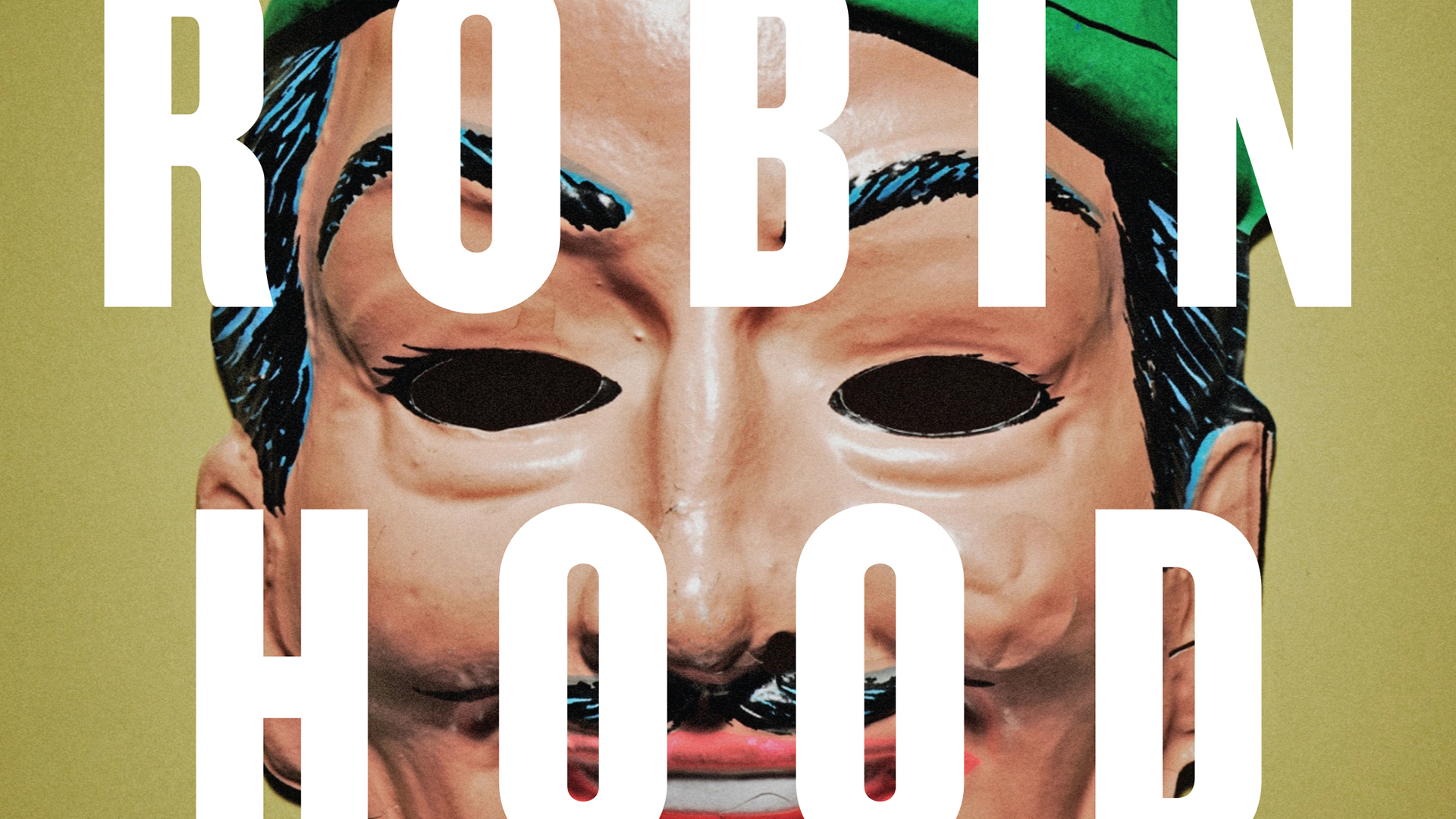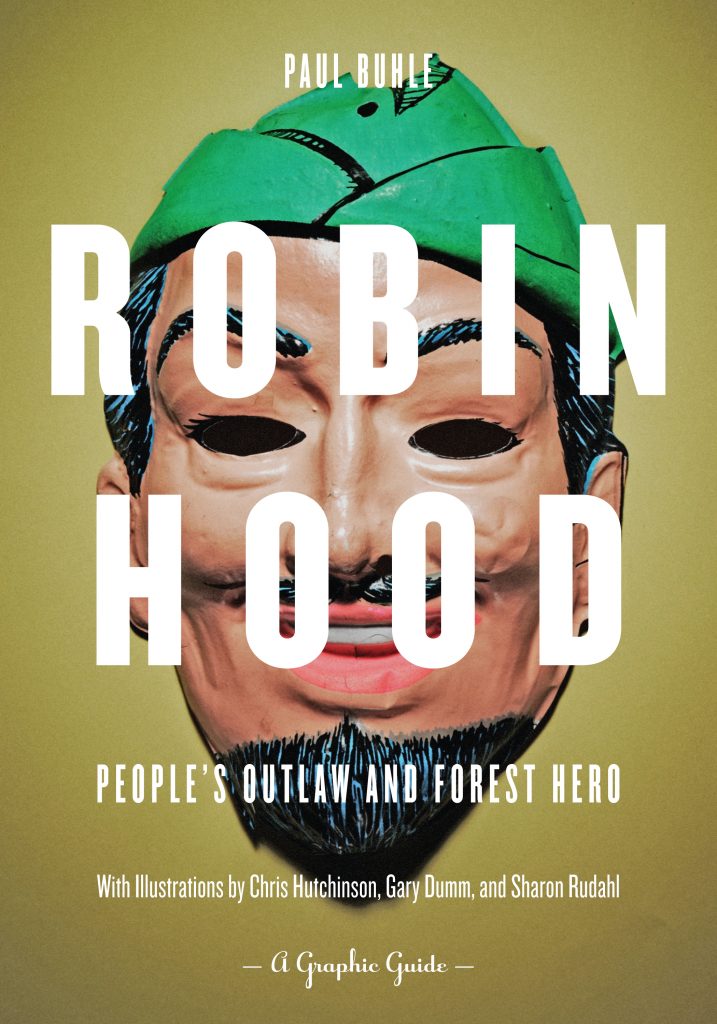In These Times
April 1, 2012
In Robin Hood: People’s Outlaw and Forest Hero (PM Press), Paul Buhle, the founder and editor of the New Left journal Radical America,
provides a historiography, accompanied by three new comics of the first
superhero to wear tights. Drawing on the work of William Morris, Mark
Twain, E.P. Thompson and Eric Hobsbawm, Buhle examines the original
rebel’s everlasting appeal. He writes, “If Robin stands higher than any
other figure in English lore, even King Arthur, it is because he is
mythically still in the Greenwood, waiting.”
The struggle for common space, common decision-making, whether rural, metropolitan or global, can be usefully traced back, in one part of the world, to the changes forced upon royalty in the Magna Carta. They carry us forward to our opposition against privatization of formerly public goods and space, beyond remedies for the excesses of contemporary capitalism, toward a society of a different (and more sustainable) kind. Many millions of farms, urban neighborhoods and software programs can be or in many cases are already being operated on some basis of sharing . . . “[C]ommoning” is the opposite of the imperial mode, right down to the struggle against dams being constructed on rivers in or outside forests, around the world. If the “primitive accumulation” (Marx’s own phrase) of capitalism was effected through enclosuresthe privatization of previously common lands for the purpose of successful wool production a couple of centuries after Robin’s appearance—then he and the Merry Men (not forgetting Maid Marian) had been seeing to nip the process in the bud. Marx erred, writing in the middle of the 19th century, not by failing to see the utter misery introduced to move primitive accumulation forward, but by not seeing that primitive accumulation as a permanent process. With so little of the planet not yet completely exploited, the process nevertheless accelerates. We need Robin more than ever.







